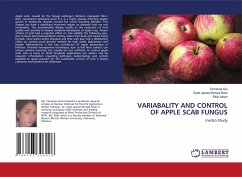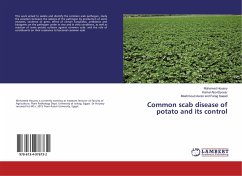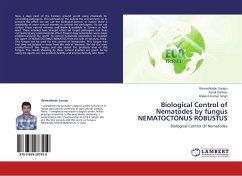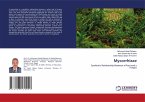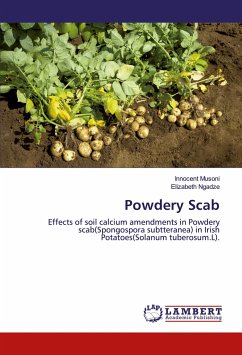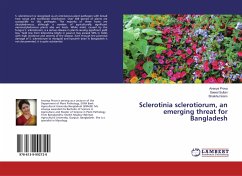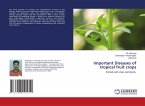Apple scab, caused by the fungal pathogen Venturia inaequalis (Cke.) Wint. (anamorph Spilocaea pomi Fr.), is a major disease affecting apples grown in temperate climates around the world including Pakistan. This disease can have a significant economic impact as diseased fruit are not marketable. The uncontrolled disease results in the reduction of fruit quality and quantity or almost complete devastation of apple crop. Severe attacks of scab had a negative effect on tree viability the following year, due to lower leaf photosynthetic activity, fewer fruit buds and leaves being formed, more leaves being dropped and that scab also had a debilitating effect on normal wood growth needed for high yields. Baluchistan and Khyber Pakhtunkhwa is the key contributor of apple production in Pakistan. Orchard management techniques, such as leaf litter control, can reduce primary inoculum but usually are not sufficient to control apple scab, and as many as 18-25 fungicide applications per season may be required. Information regarding pathogen epidemiology and control available to apple growers for the sustainable control of scab is largely unknown and needs to be addressed.
Bitte wählen Sie Ihr Anliegen aus.
Rechnungen
Retourenschein anfordern
Bestellstatus
Storno

